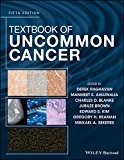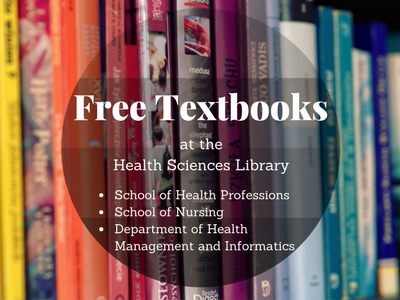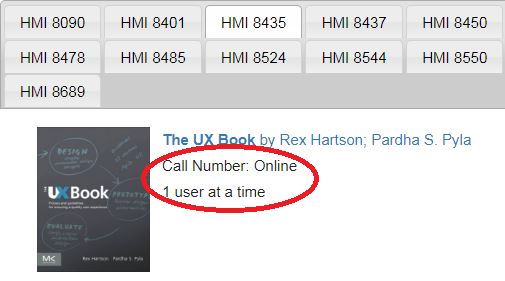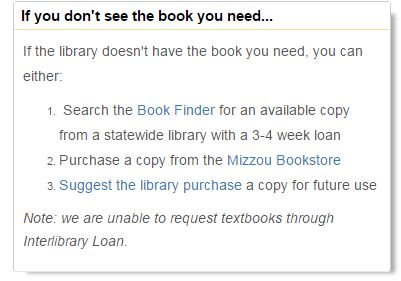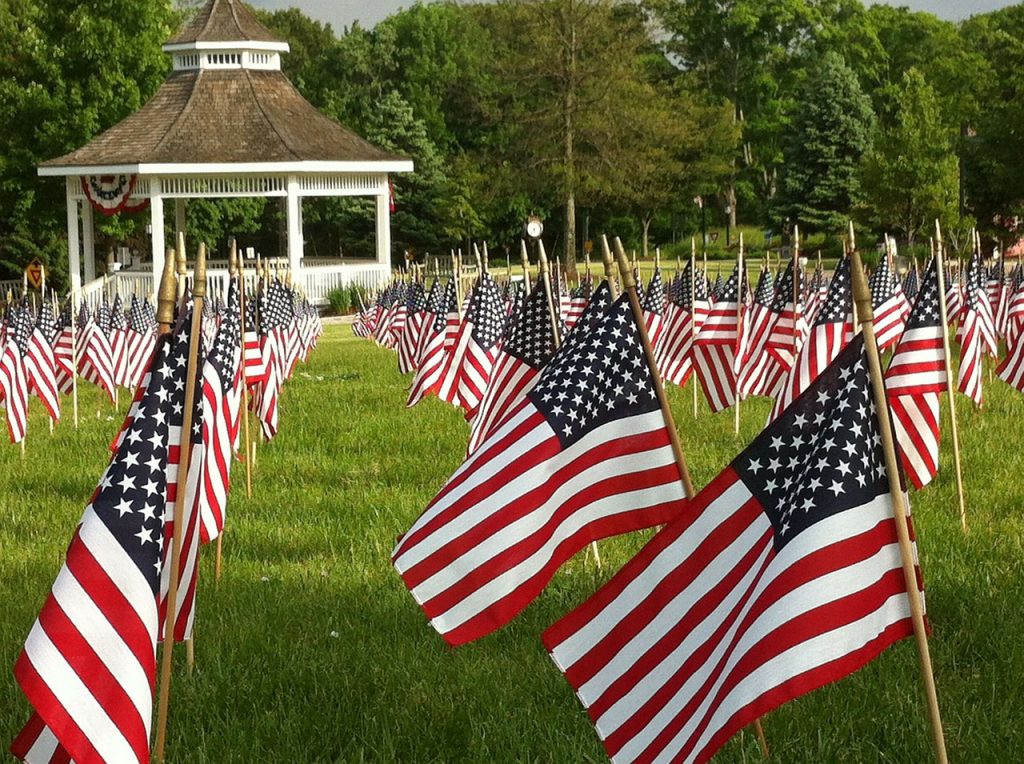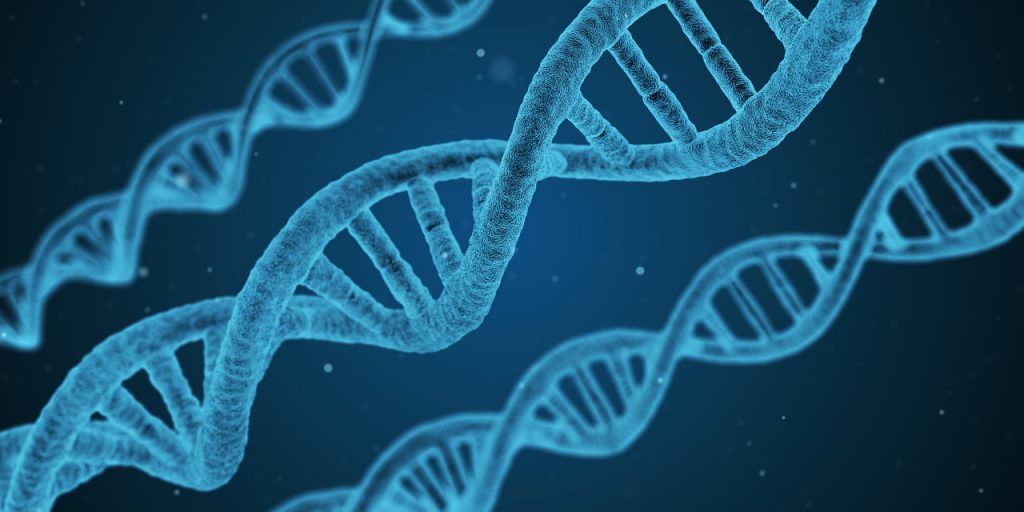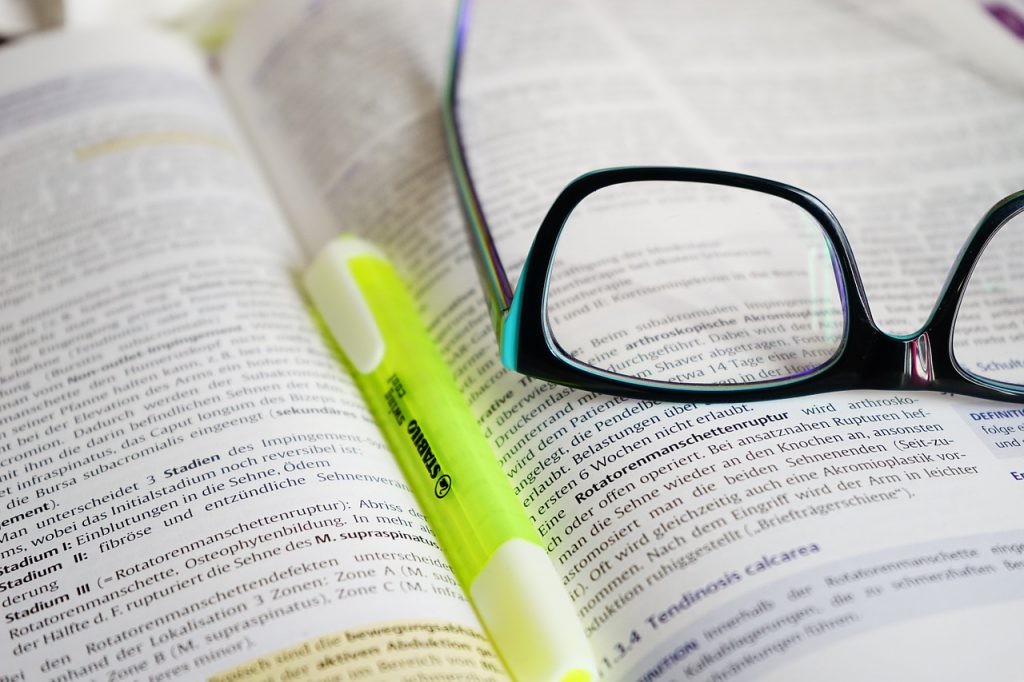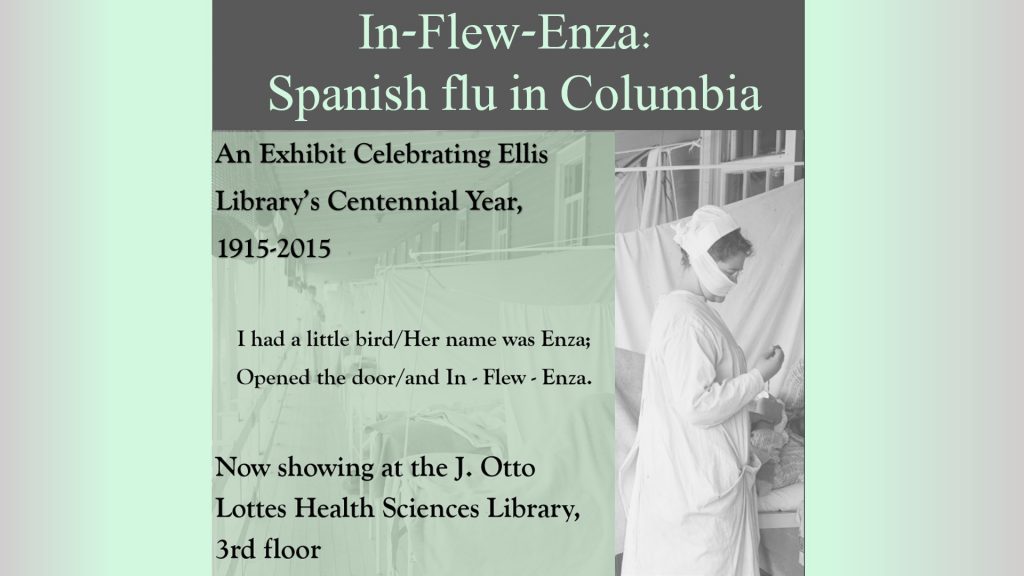Each month we provide an overview of University of Missouri authored articles in medicine and related fields as well as a featured article from a School of Medicine author with the highest journal impact factor.
This month’s featured article, Snasp Inhibits Tlr Signaling to Regulate Immune Response in Sepsis, was co-authored by Dr. Feng-Ming Yang, Dr. Hui-Ming Chang, and Dr. Edward T.H. Yeh of the Center for Precision Medicine in the Department of Medicine as well as Dr. Chuan Xia and Dr. Bumsuk Hahm of the Departments of Surgery and Molecular Microbiology and Immunology. The article was published in The Journal of Clinical Investigation (impact factor 12.784 in 2016).
See the list of publications in medicine and related fields we retrieved for this month: http://library.muhealth.org/resourcesfor/faculty/faculty-publications/may2018/
*This list is not intended to be comprehensive.
Did we miss something? Email asklibrary@health.missouri.edu and we will add your publication to the list.




